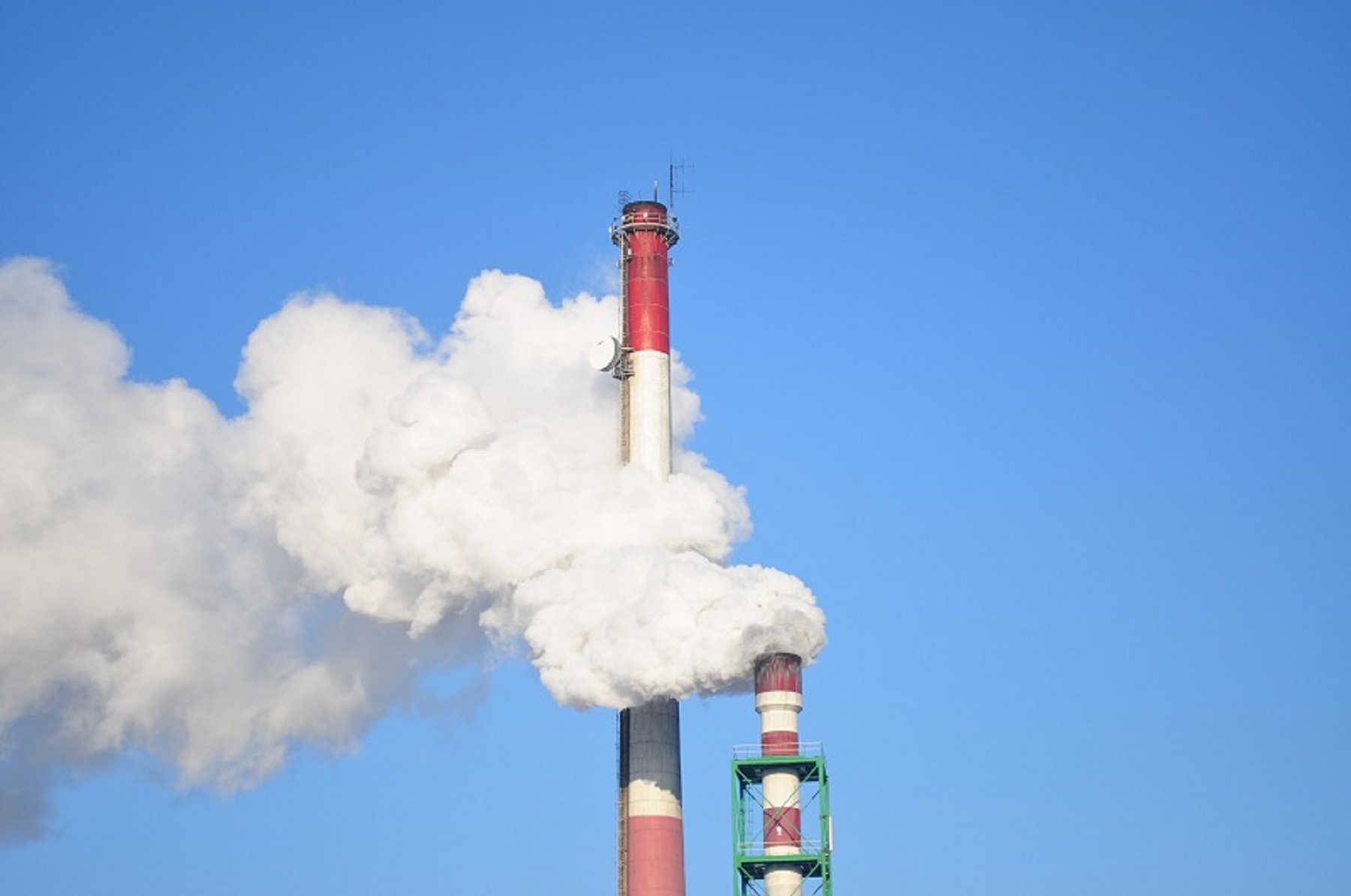The European Commission and the European Parliament have reached a new agreement to supplement the ‘Fit for 55’ objectives. Specifically, this agreement extends the system of emission allowances, which companies must purchase for their production, to new business sectors. From 2027 these carbon credits will also apply to the maritime sector, as well as all businesses (and individuals) that use buildings and fuel.
What are emission allowances (ETS)?
For quite some time , energy companies and industrial firms have been required to purchase emission allowances. These emission allowances serve as a kind of licence to emit greenhouse gases. To force companies to reduce their emissions, emission allowances will be fewer and more expensive every year. What if a company uses up all of its allowances? To continue production, the company must buy allowances from other, (more sustainable) companies. This system has also given rise to a large emissions trading market, similar to a stock exchange, with a lot of intermediaries.
What are the direct impacts on businesses (and individuals)?
On the one hand, from 2027 far more companies will be involved in emission allowances. The emission trading system (ETS) will apply in full to companies in the maritime sector. Another change is the inclusion of emissions from buildings and road transport. Does your organisation own a lot of real estate or a large production site, for instance, or is transport a core activity? If so, you will need to purchase emission allowances. On the other hand, your organisation must also start keeping precise record of its emissions, and whether its allowances cover them.
Because these rules apply to individuals as well, the EU has also created a Social Climate Fund. Individuals will feel the ETS costs in prices for natural gas and fuels, as importers will pass these costs onto consumers. The fund provides 86.7 billion euros to help vulnerable individuals offset these costs.
More administration for businesses, and more work for auditors
Will you fall under this system in the future as well? If so, it is highly recommended to already go ahead and start setting up your administration to keep track of your total emissions. This to enable you to estimate the total number of allowances you will need. You may find that your organisation currently exceeds the future allowances. This also means that auditors will play a major role. This is because the audits of far more companies will also include emissions records and allowance limits.
Take action or seek advice in due time
This agreement may have a major impact on your organisation. For instance, you may need to take another look at where you source your raw materials. The new system could also affect your competitiveness with US and Chinese companies, and will require timely allocation of funds and staff to meet the new administrative requirements. Want to learn more, or request a direct consultation? Please contact us.
The legislation and regulations in this area may be subject to change. We recommend that you discuss the potential impact of this with your Baker Tilly consultant.

.jpg)


